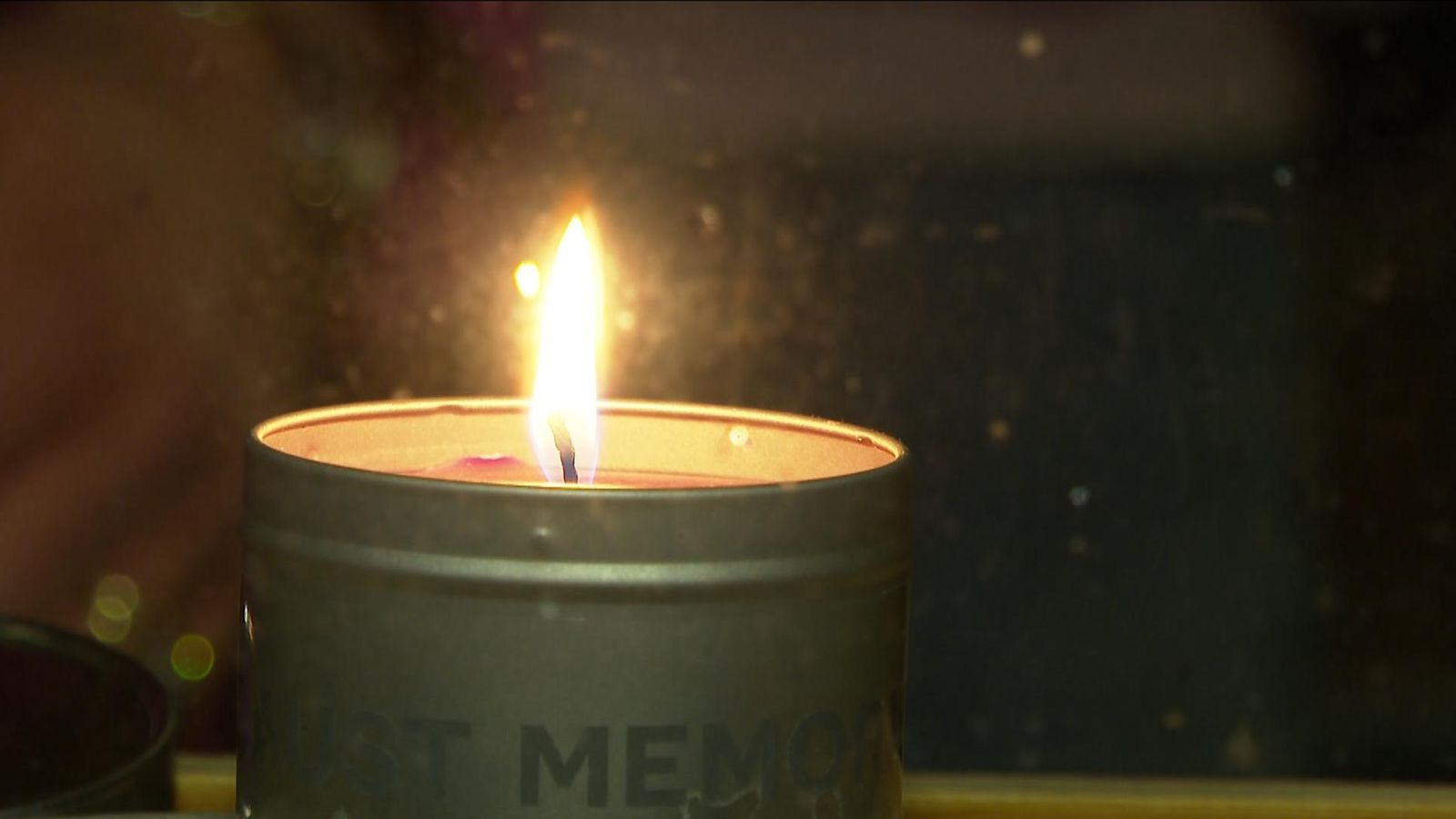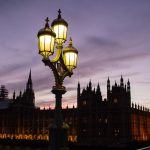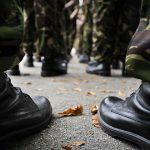Holocaust and genocide survivors who fled their countries to escape persecution are urging Britons to show the same compassion afforded to them to migrants crossing the English Channel.
Some are arguing there are similarities between the plight of children fleeing the Nazi regime during World War Two, and those seeking a place of safety in the UK today.
Vera Schaufeld, who left what is now the Czech Republic on Sir Nicholas Winton’s Kindertransport in 1939, said finding sanctuary in Bury St Edmunds as a nine-year-old helped save her life.
And El Sadiq Manees, who arrived in the UK in 2015 after escaping war-torn Sudan on a cross-continental freight train, asked people to better understand the life-or-death decisions made by those who choose to leave.
‘Nobody wants to leave their home country’
It comes ahead of Holocaust Memorial Day on Thursday, which will ask people to reflect upon the six million Jewish people murdered during the Holocaust, and on genocides that followed in Cambodia, Rwanda, Bosnia and Darfur.
Mrs Schaufeld, 91, from Wembley in north London, said: “I would very much like England to show the really amazing kindness that it showed to me and to other refugee children and to go on showing that today in a very troubled world.
Teachers in Texas city told to balance Holocaust books with ‘opposing’ views by school chief
‘An outrageous attack’: Anti-Semitic graffiti found at Auschwitz-Birkenau II death camp
Holocaust memorial at Westminster gets government go-ahead after rejection overturned
“I feel appalled that people have risked their lives and their families’ lives in complete desperation.”
She added: “Nobody wants to leave their home country, unless things are so bad that even such a perilous journey seems to them to be a better undertaking than starvation or other awful things that are happening.
“They take this unimaginable risk.
“If England hadn’t shown the compassion and generosity that it did, then I think it’s very unlikely that I would have been alive.”
Olivia Marks-Woldman, chief executive of the Holocaust Memorial Day Trust, said that while there may be a number of different policy solutions to the current crisis, refugees “desperately need our empathy” as well as our welcome and support.
She said: “No-one puts themselves in danger on the sea unless the land is more dangerous for them.
“We know people who’ve come to this country as refugees from the Holocaust, or as refugees from more recent genocides, have found a welcome and have been able to rebuild their lives here and have become contributors to British society.”
Record number of people crossed Channel in 2021
It comes after more than 28,300 people crossed the water aboard small boats in 2021, which was an increase of about 20,000 compared with the year before.
Last year’s record number was despite millions of pounds promised by the UK to French authorities to help tackle the issue.
The last 12 months have seen smugglers packing more and more people aboard larger and larger dinghies, sometimes with deadly consequences. In November, at least 27 people died when an inflatable boat capsized.
The UK government has said people should not be trying to cross the Channel, and instead should be claiming asylum in the first safe country they reach.
Holocaust Memorial Day is held annually on 27 January.






















